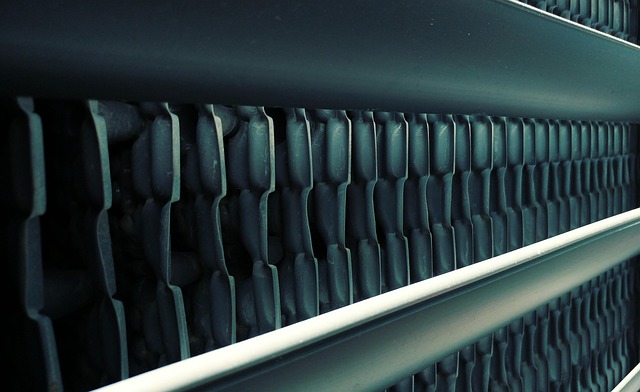Release time: July 21, 2025
Views: 407

Peltier Cooler Application #4: Lab Equipment Optimization
In modern laboratories, precision, repeatability, and environmental control are essential for accurate data collection and consistent research outcomes. One often-overlooked factor is temperature control within lab equipment. Peltier coolers, also known as thermoelectric modules, are widely used to optimize thermal conditions in lab instruments — improving stability, accuracy, and instrument longevity.
Many laboratory procedures rely on specific temperature ranges:
l Enzyme activity assays
l Sample incubation
l Optical measurement calibration
l Sensor or detector baseline correction
l DNA amplification and storage
Even small deviations in temperature can result in experimental variability, reagent degradation, or inconsistent results.
Peltier coolers offer significant advantages over traditional compressor or air-cooling systems for lab use:
| Benefit | Impact on Laboratory Operations |
Silent and vibration-free | Ideal for sensitive analytical instruments |
Compact and modular | Fits within benchtop or portable devices |
Precise thermal control | Maintains tight temperature ranges for accuracy |
Fast response times | Enables dynamic thermal cycling (e.g., PCR applications) |
Environmentally safe | No refrigerants or mechanical fluids involved |
1. PCR Thermocyclers – for controlled DNA amplification
2. Centrifuge chambers – keeping samples cool under high G-forces
3. Spectrophotometers – stabilizing optical paths and detectors
4. Incubators and coolers – precise temperature control for cultures and chemicals
5. Microplate readers – managing thermal conditions for multi-well samples
Many manufacturers now integratecustom thermoelectric modules directly into their lab systems to reduce footprint and increase energy efficiency.
l Heat Sink Design:
Proper dissipation of heat from the hot side is essential. Lab environments often favor fanless or water-cooled sinks for low-noise operations.
l Temperature Sensors:
Thermistors or RTDs should be used to enable closed-loop control with feedback accuracy down to ±0.1°C.
l Control Algorithms:
PID controllers or microcontroller-based systems regulate power delivery to Peltier modules, ensuring tight thermal regulation.
l Moisture Protection:
Especially in humid labs, insulation or sealed enclosures help prevent condensation on cold surfaces.
Peltier modules are energy-efficient at small to medium heat loads, particularly when compared to compressor-based systems. Their solid-state nature reduces mechanical failure risks and maintenance frequency, making them a cost-effective solution over time.
In addition, they help laboratories align with green standards by reducing reliance on ozone-depleting refrigerants.
Cooling capacity is limited at high heat flux unless multi-stage modules are used.
Power consumption increases with higher ΔT between hot and cold sides.
Heat rejection must be properly managed or system performance will degrade.
Still, when properly integrated, Peltier modules are ideal for lab equipment where precision outweighs bulk cooling requirements.
From genetic testing to analytical chemistry, Peltier cooling technology plays a vital role in modern laboratory optimization. By providing accurate, compact, and reliable thermal control, these modules support scientists and lab professionals in achieving consistent, reproducible results.
As lab equipment becomes more compact and automated, expect thermoelectric cooling to become the backbone of next-generation lab systems.
Looking for more
information?

0755 23405284
Email: sale02@hj-tc.com
Add: 3/F No.5 Building,Yesun Pingshan Life and Health Technology Park, No. 19 Linhui Road,Pingshan District, Shenzhen, Guangdong,CN.
©2019- 2024 Huajing Co.,Ltd.Copyright